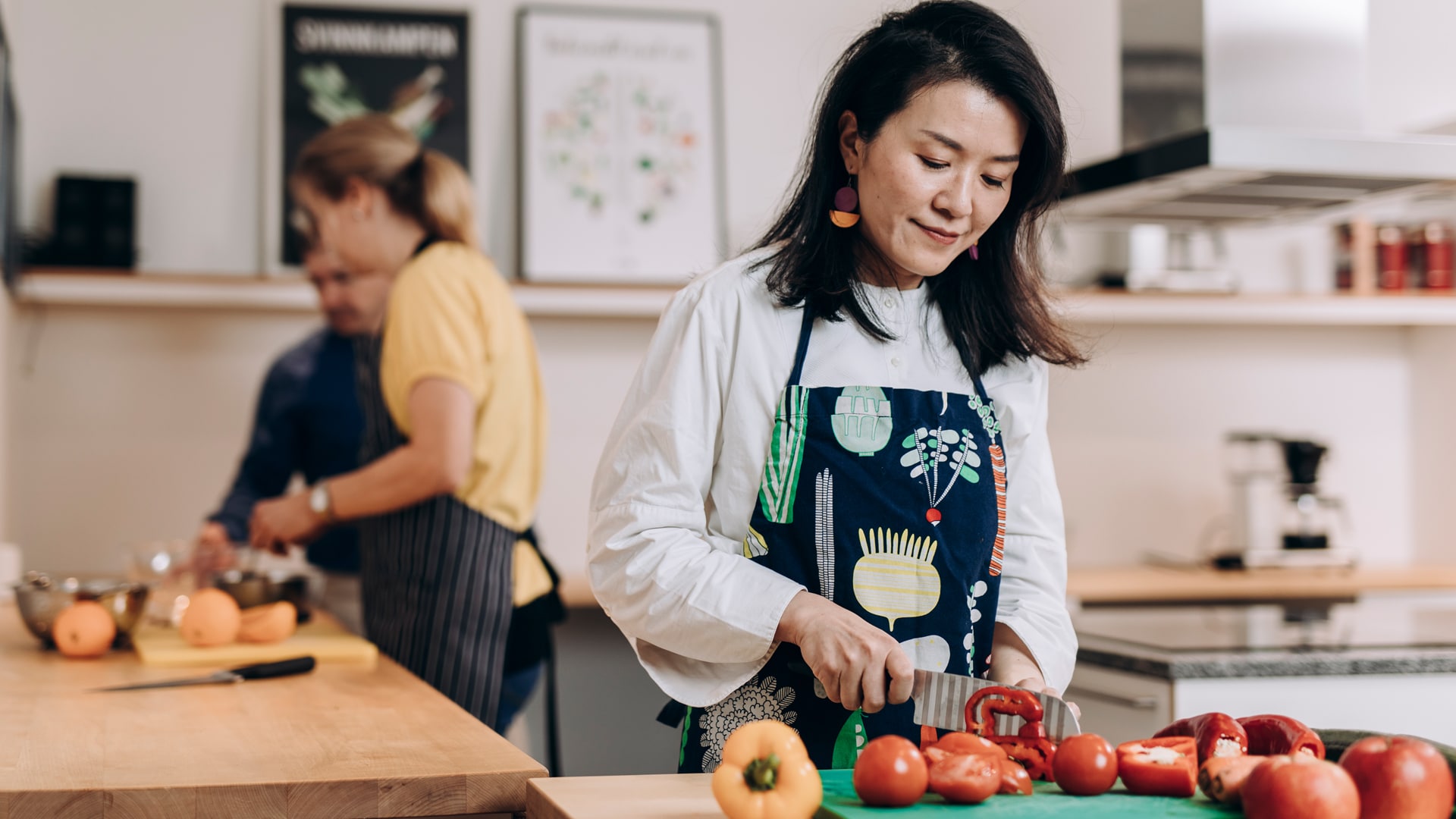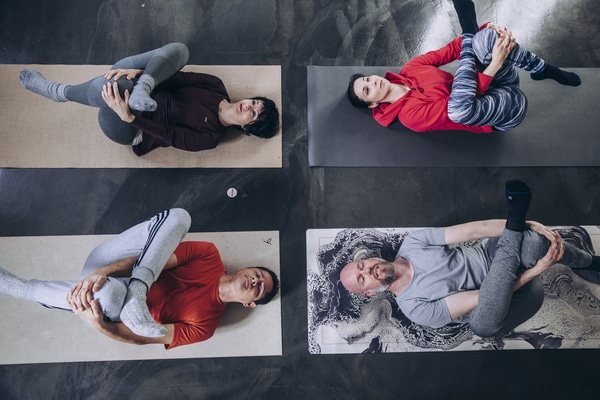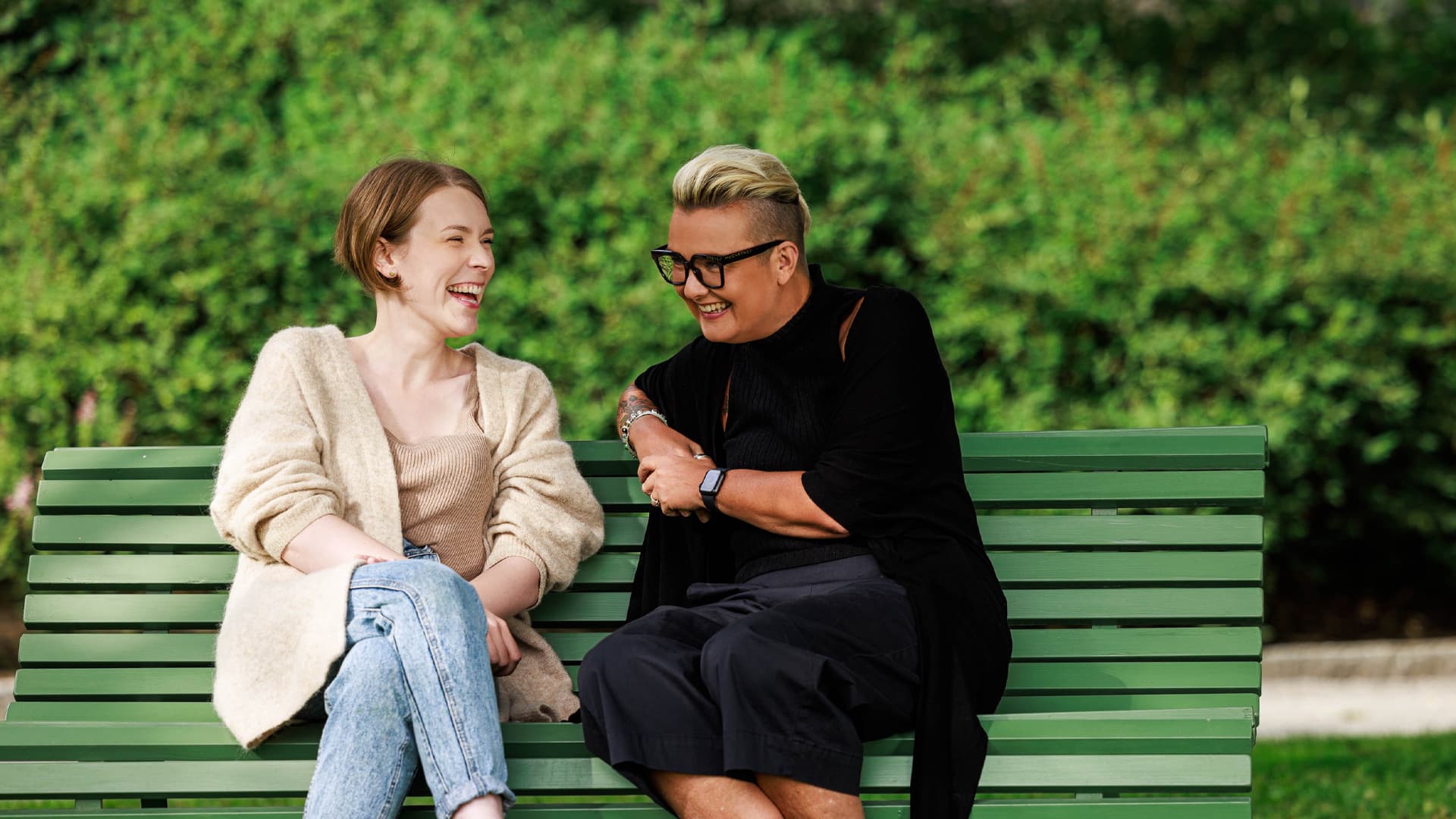
Alternative cancer treatments
There is no official definition of alternative cancer therapies or belief-based treatments. Alternative treatments involve therapies and methods that are not rooted in medical scientific knowledge and their effectiveness or safety has not been reliably established.
There is an abundance of different alternative treatments on offer for cancer
The most usual are products from health food shops, antioxidants, vitamins, mineral supplements or herbal remedies. In some cases alternative treatments are linked to occultism and various spiritual beliefs.
In Finland, the short-term use of legally sold natural remedies is often safe as long as you use them according to the accompanying instructions. However, all natural remedies can cause unpredictable and serious harm if you use them in large doses, regularly over a long period or if you use unknown products ordered from abroad.
Also, there are a number of illegally marketed natural remedies available, some for treating cancer. Some cancer drugs are found in nature but their effectiveness and safe use requires that their active ingredients are processed into pure medicinal products.
As such, even safe natural remedies or vitamins can alter the effects of drugs used in treating cancer or compound their adverse side effects. Because of this it is important to inform your doctor about any natural remedies you may be using.
It is also important to remember that you should not put off going for cancer tests and seeking treatment in order to try out alternative forms of therapy.
Approved cancer treatment does not make use of belief-based medical therapies or diagnostic methods. It does accept certain forms of treatment, such as acupuncture, which can be used for such things as relieving pain.
The range of alternative treatments is extensive. Different products and alternative forms of treatment have been popular at different times. In the 1980s, extracts from coniferous trees were all the rage, while in the 1990s shark cartilage products were in vogue, and then in the early 2000s it was noni juice. In recent years chaga mushroom, graviola juice and baking soda have been popular among proponents of belief-based therapies. Medical research has not however been able to reliably establish whether any of these products cure cancer.
It is also worth noting that although a natural product may succeed in destroying single cancer cells under laboratory conditions, it is still a long way from becoming an anticancer drug. A core principle in medicine is to test new forms of treatment accurately by comparing them to the current approved treatment before a new treatment is taken into general use. Confirming findings done in a test tube, and safe and effective demonstration require long-term clinical studies.
Different sorts of alternative treatment
Dietary treatments
Dietary treatments are the most usual forms of belief-based treatments used by people with cancer. Many of them rest on the assumption that certain nutrients are particularly required by cancer cells and should therefore be avoided.
Also, the notion that a cause of cancer is the accumulation of waste products in the body is reflected in many anticancer diets. Cancer diet treatments include juice diets, acid-free diets and raw food diets. Blueberries and garlic are among the individual food ingredients believed by some to act against cancer. But there is no evidence that dietary treatment is effective against cancer.
A downside of many dietary treatments is that the cancer patient’s energy intake is too low. It is worth remembering that although having a healthy diet helps prevent disease and improves your health, according to medical science it cannot cure cancer.
Mega doses of vitamins and minerals
Despite many studies there is no reliable research data that large doses of vitamins or minerals would be effective in cancer treatment. Because of this medical experts do not recommend vitamin or mineral supplements to patients who are able to get sufficient amounts of these by having a varied diet.
In alternative treatments, patients may be given adjunctive doses called antioxidant therapy in addition to large doses of vitamins and minerals. There is no reliable proof that this works.
Homeopathy in cancer treatment
In homeopathy substances are selected for use as cancer treatment that in large quantities would replicate precisely the symptoms that the patient has. In homeopathic therapy extremely small quantities of these dosages are given. Exponents of homeopathy believe that the treatment activates the body’s healing powers.
Efforts have also been made to treat cancer using homeopathic methods, although homeopathy alone is not usually offered for treating cancer. Homeopathy has been studied extensively. Research has not been able to establish the uses for which the treatment method might be effective. Homeopathic products are usually greatly diluted and do not have any major drawbacks.
Massage and meditation
Massage, relaxation exercises and meditation can improve the quality of life and make it easier to endure the treatment process, but they do not stop the progression of cancer.
Read more about related topics

Good nutrition
Good nutrition is particularly important if you have cancer, as it will help you stay as fit as possible.
Read article
Exercise and cancer
Research shows that there is strong evidence that exercise has many benefits for people with cancer.
Read article
Taking care of yourself
Taking care of daily routines is part of self-care. Taking care of yourself during your illness is the most important way you can contribute to your recovery.
Read article